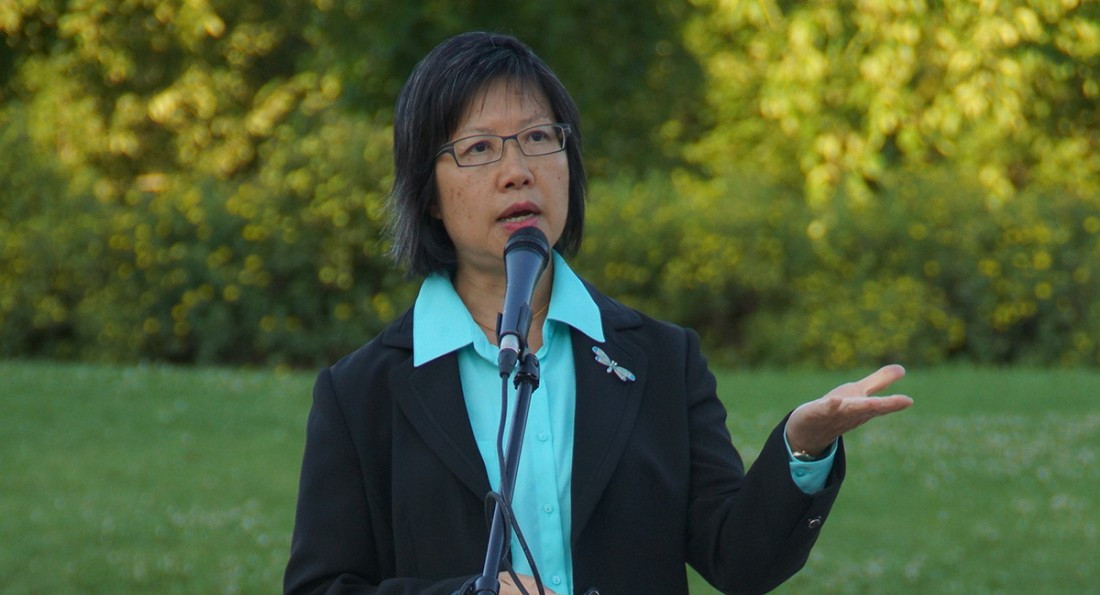Protest as if your life depends on it
Local rally aims to keep up pressure to end genocide
China’s announcement that, beginning in November of this year, forced organ harvesting will begin disappearing from the country is “no cause for celebration”, according to Doctors Against Forced Organ Harvesting (DAFOH).
Many prisoners in China have their organs removed without their consent – they are often sentenced to death without just legal basis and their organs are eventually harvested.
According to a DAFOH press release, the Chinese government plans on phasing out harvesting by 2015, but for many different reasons. The fact that donor information is not made public in China is one, and that a similar pledge in 2007 remains unfulfilled, is another.
To raise more awareness, the Social Work Graduate Students’ Association at the University of Winnipeg is having a rally on Saturday, October 12 from 1 to 2 pm at the Manitoba Legislative Building, hoping to increase pressure to keep the Chinese government accountable.
“If there is no pressure on them, this pledge could easily be a distraction. If nobody follows up, they [the government] won’t do anything,” says Dr. Maria Cheung, associate professor of Social Work at the University of Manitoba.
Cheung, one of the first members of the group to advocate awareness of the issue, is a Chinese expat and remembers hearing about organ harvesting in a BBC report as early as the 1980s. She is no stranger to the hardships in China between civilians and the regime, saying she left the country after witnessing a massacre of peaceful protesters at Tiananmen Square in 1989.
Those most commonly targeted in this horrific practice are Falun Gong practitioners, a spiritual group in China which is gaining popularity with government resistors because of their courageous dissent.
Investigations have found that somewhere in the range of 40 to 65 thousand Falun Gong practitioners were killed between 2000-2006.
Though she was not a member of the group when she lived in China, Cheung became one after coming to Canada and has great sympathy for those who are victims of this underreported genocide.
“It makes me think of the holocaust. All these concentration camps were in place doing these very horrible things, while the majority of people in the world didn’t know until after the Second World War.”
Sophie Charriere, another member of the Social Work Graduate Students’ Association, hopes that awareness can bring about policy changes.
“In Australia they have all medical students sign a document saying they won’t engage in forced organ harvesting practices after they receive their degree. Some Chinese students [in the past] didn’t agree and they just left school. That would be an idea of something we’d want to have established here.”
Published in Volume 68, Number 6 of The Uniter (October 10, 2013)


-web_1100_595_90.jpg)





